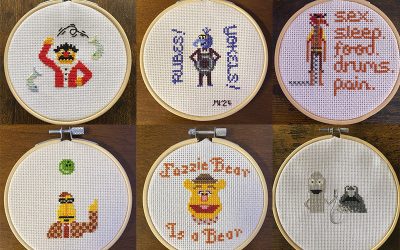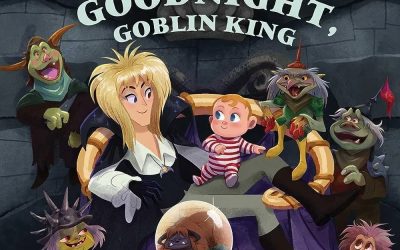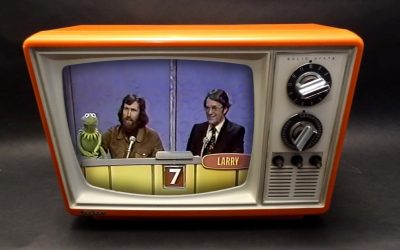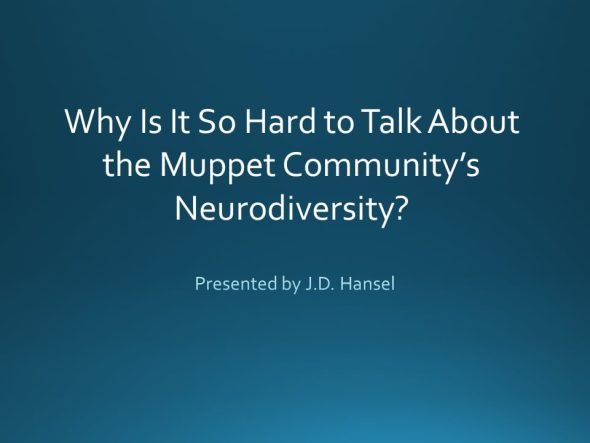
You want the short answer? It’s hard because there’s a lot of tension and disagreement between different understandings of neurodivergence, and it’s such a sensitive subject after all the years of stigma that it often feels like it’s not worth touching.
That’s it. That’s my whole talk.
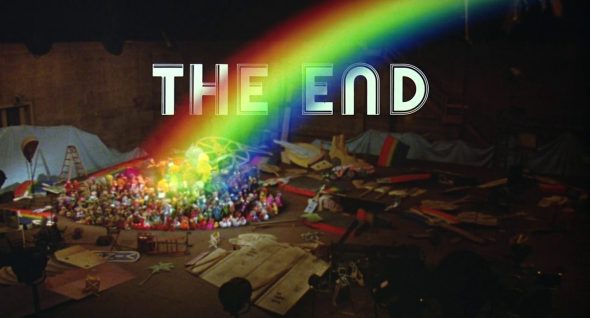
I will now be taking audience questions.
Yes, you in the “Kermit the Gorf” T-shirt.
Hi, thanks for that excellent presentation. I was just wondering, what the heck are you talking about?
Great question. Basically, it’s kind of an open secret that a heck of a lot of Muppet fans are neurodivergent – that is, our cognitive functioning isn’t in the range our society considers “normal”, arbitrary as that may be.
More specifically, our fan community seems to have a much higher number of autistic people than most. Yet, major fixtures of the Muppet fan community (most noticeably ToughPigs) have often seemed reticent to acknowledge this publicly. Personally, I’ve have been struggling to figure out how to start the conversation.
Yes, you in the “Kermit the Grof” T-shirt.
Hello! So, my friends say “person with autism” instead of “autistic person”, and I noticed you just did the opposite. Are you evil?
Great question. I often wonder about that. But in this case, I can tell you that the vast majority of autistic people prefer identity-first language (“autistic person”) over person-first language (“person with autism”). This isn’t the case with every disabled community, but it’s common. I’ve written previously about how it’s best to call people what they like to be called, so that’s what I try to do.
Yes, you in the “Jonathan the Groff” T-shirt. Congrats on the Tony win.
Thank you. The title of your presentation uses the word neurodiversity. What’s that?
Great question. It’s what it sounds like: neurological diversity. There are a heck of a lot of different ways to experience being a person!
Note that a population can be diverse, but an individual can’t be. For example, Big Bird contributes to the diversity of his street by being bigger and birdier than his neighbors, but we wouldn’t say he’s diverse. We’d say he’s big and a bird, and he’s part of what makes Sesame Street such a diverse community. Likewise, a space with a lot of different neurotypes is neurodiverse, but a person whose cognitive functioning is outside the bounds of a society’s normalcy is neurodivergent.
For any other questions on terminology, I cover those in the slides:

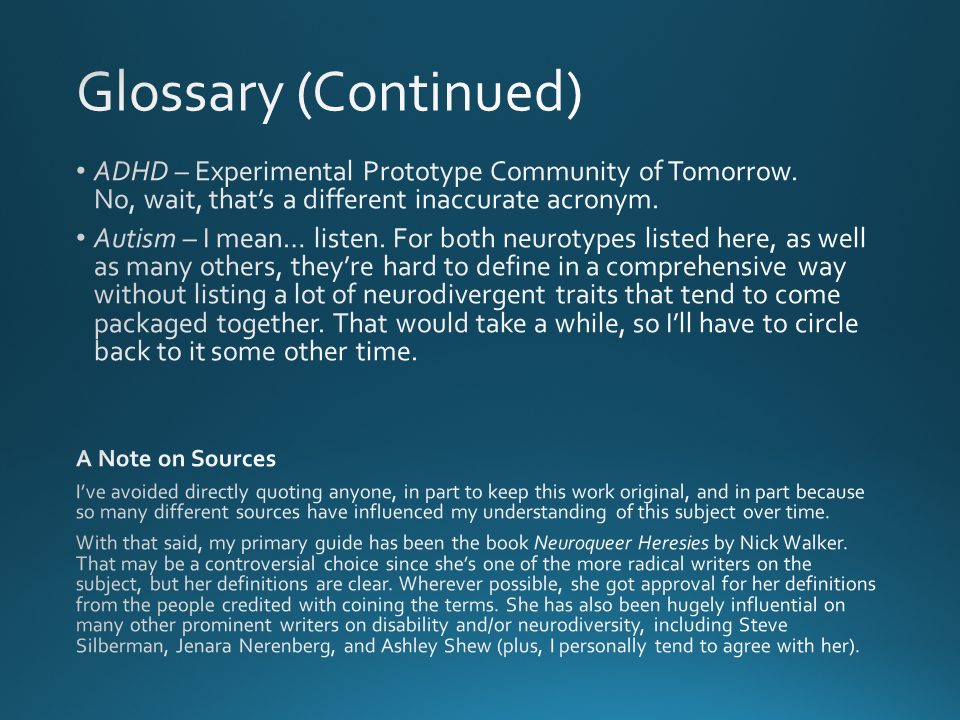
Hi! What does any of this have to do with The Muppets?
Great question. My editor would like you.
It’s more about the community around The Muppets. You’ll find neurodivergent folks among the artists making your favorite Muppet fan art, the podcasters hosting some of your favorite Muppet podcasts, the talented folks behind your favorite Muppet productions, and even the Muppet characters themselves. We might as well start thinking of Muppet fandom as an intentionally neurodiverse space and ensure our conversations about Muppet fans and Muppet productions reflect an understanding of that.
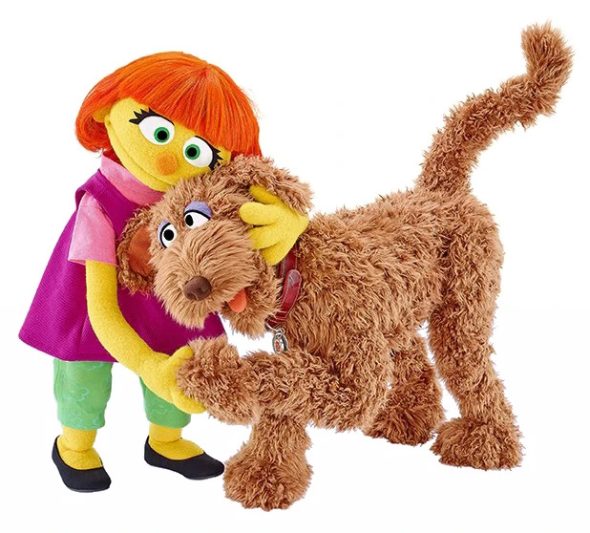
You said earlier that there’s a lot of disagreement about this topic. Why’s that?
Part of it is the tension between the medical model and the neurodiversity paradigm, as the latter is designed to challenge the former. These days, fragments of each tend to sit side-by-side in the literature, and that’s confusing. Some of this is due to the way non-disabled people have historically controlled disability narratives, but part of it is due to the fact that the community really is extremely diverse, which means we all have vastly different experiences.
My view is that we’re all just trying to find a way to be okay in a world that wasn’t built for us, which is really hard and scary, so each of us is inclined to latch onto the language and ideas that sound like they’ll help us.
That’s why writing this piece (and thereby prompting conversations about this topic) feels like I’m opening the biggest can of worms in the world. And not nice worms that invite you in for a cup of tea. Worms that go “wubba-wubba”. Wubba Worms, if you will.
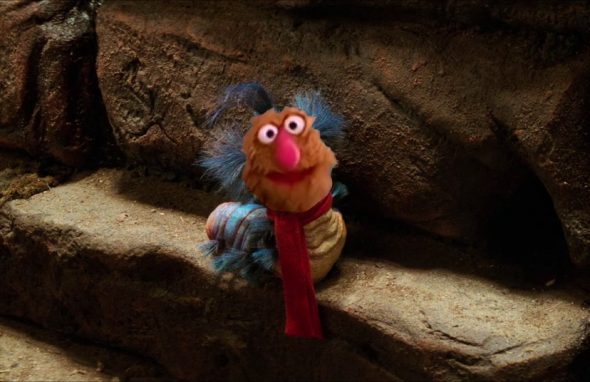
Why do you think so many Muppet fans are autistic people, or vice versa?
Oh, I can give you so, so, so many reasons, but that would spoil future articles! Let’s not do that!
For now, I’ll tell you that we’re actually more prominent than you think across geeky fan communities as such spaces are generally accommodating to the way we socialize, and they were very likely our own creation. (The history of this is the subject of chapter six of NeuroTribes by Steve Silberman, which I highly recommend.)
Any other questions?
May I take a moment to openly speculate about which Muppet performers I think are neurodivergent?
Please don’t, that’s really frowned upon.
Do you have public restrooms here?
Yeah, if you go down the hall toward the Muppet Mindset archives and turn left, that’s the wrong way.
Do Muppets cause autism?
Sure.
Why do you care so much about all this?
Listen. I got an ADHD diagnosis in my late teens, but I didn’t know I was autistic until just a few years ago. I’ve been here in the online Muppet fan community since the ‘00s, and I didn’t hear a peep about neurodiversity when I most needed to. I heard autism talked about behind closed doors, and pretty much only in a negative context. No one thought to tell me that my huge Muppet merch collection was probably a good indication of a special interest.
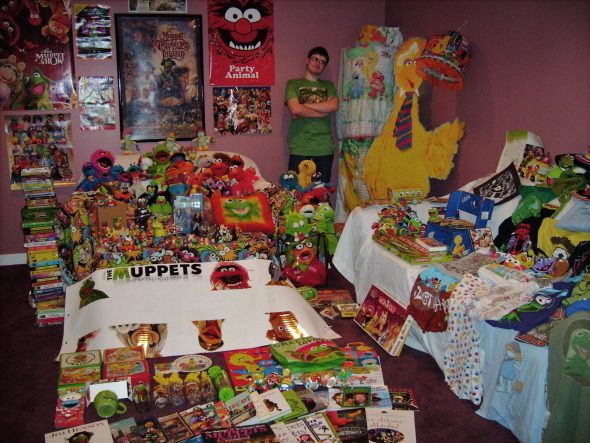
Once I learned who I was, I went from spending about 99% of my days wishing I was dead to about 1%. No one should have to wait until well into adulthood for that kind of relief, but it happens all the time.
I’m starting this series, “The ToughPigs Beacon”, in part to share the insight I wish I could have had as a teenager, and in part to ensure that the conversations we have about neurodiversity in this community make it as welcoming and supportive as possible. I borrowed the series’ title from next week’s article, a beautiful piece written by Adam from Fraggle Talk: Classic that I just can’t wait for you to read. That show has led the way in ToughPigs podcasts embracing neurodiversity, and I’m so glad we’ll have more articles to match its efforts.
May I ask one more question?
Sure, you’ve been a useful enough device so far.
Are you sure there are enough neurodivergent people in the community for all this to be worth it?
Nope! I’m unsure about all of this! I feel terrible about all the key information I’ve had to gloss over for now. I originally planned to start this series last spring, but I ultimately needed more time to do more reading because of just how unsure I am. Which is good, because there probably shouldn’t be any overly confident explainers on this topic.
Still, I’m sure there are some of you here who need this. If you’re neurodivergent and you’re here, I hope you’ll find a way to embrace that openly, in as much as you’re comfortable doing so. And to those of you who don’t know yet that you’re neurodivergent and you’re here… that’s why we’re here.
Thank you.
*crowd rises to standing ovation, throws flowers, Venmos me lots of money*
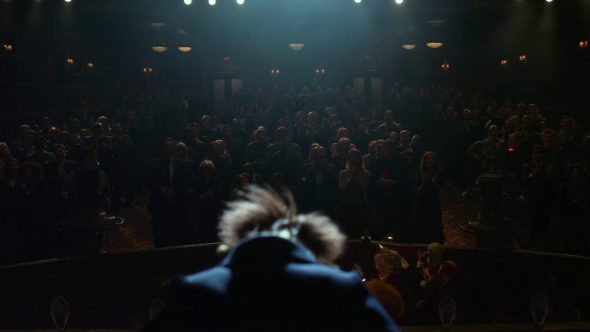
Click here to take a question from the guy wearing the “Manhattan Melodies” T-shirt from the ToughPigs Store on the ToughPigs Discord!
by J.D. Hansel – jdhansel@toughpigs.com

